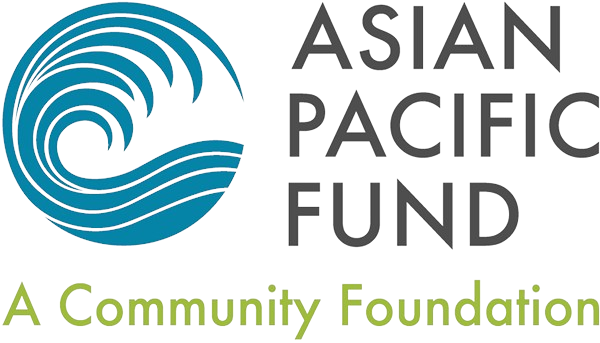Stir Fried to Heaven
Riley Fong, Winner
11th Grade
Pleasant Hill
I still distinctly recall my mother’s horrified reaction to my decision to stop eating meat. Stamping feet and a storm of Cantonese accompanied indistinct smatterings of English about heritage and malnutrition as I gently explained my decision. A lifelong “casual” Buddhist, my life took an abrupt turn when I decided to change directions and set my path firmly on the guidelines of faith. Step one: letting go of meat.
Unfortunately, Cantonese and vegetarian are two flavors that don’t quite meld.
Day by day, I watched family and friends enjoy steaming barbecue pork buns and walnut prawns while uncles barraged me with droning lectures on “real protein”. Unfortunately, cultural isolation and awkward family gatherings were only a prelude to the cruelest blow: the food was awful. Soy became the stuff of nightmares as watery tofu, shriveled “chick’n” shreds and papery “facon” hijacked my dinner plate. Even my passion for cooking couldn’t save me from the tastebud torture. The only edible vegetarian food I could make was salad. I glumly accepted the truth: I was trapped in an insipid prison of my own making.
Then, I took a summer trip to Malaysia, and my life was turned upside down.
Boarding with a family of devout Buddhist foodies, my bleak perception of vegetarianism was utterly transformed. Luscious curries, savory “xiang chun” fried rice and platters of crisp sweet and sour abalone mushrooms created an incredible festival of meatless flavors. One day I’d be sipping a sweet glass of milk tea and grass jelly, the next I’d be sinking my teeth into a buttery round of roti canai. I had been stir-fried into veggie heaven.
But as my Malaysian sojourn reached its close, I realized the past month had yielded something even more wonderful than divine food. It had brought me closer than ever to my culture. Trapped in a tasteless world of Western vegetarian food at home, here I was experiencing Chinese cuisine and culture, ethnic activities I had never enjoyed, in entirely new, delicious forms. While recording recipes for spicy basil eggplant and glazed tempeh, I was unconsciously fortifying my growing Chinese vocabulary. While enraptured by the dramatic history behind the crackling “you tiao” I found myself addicted to, I was discovering the rich culture of China. While savoring plates of golden salt and pepper tofu, I was realizing that compassionate eating and enjoying food weren’t irreconcilable activities. Food became an enticing doorway into appreciating my heritage and my faith.
I returned home not an awkward salad-vulture, but a chef with a mission. Triumph came, at last, on Thanksgiving, when I prepared an epic vegetarian feast that would put any combination of Gardenburgers and kale salads to shame. The proof was in the (eggless) pudding. Though my relatives’ exclamations of surprise and delight were wonderful to hear, true fulfillment finally came when my mother, blissful from the meal, wrapped her arms around me and said: “You’re the best A.B.C. son any mother could ask for.”
“And is there any more fried rice?”

